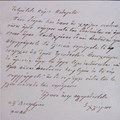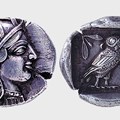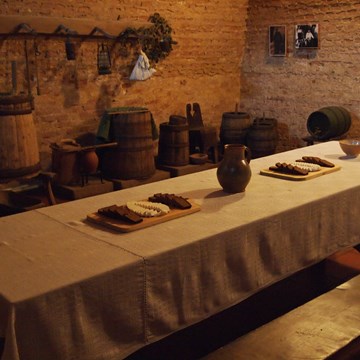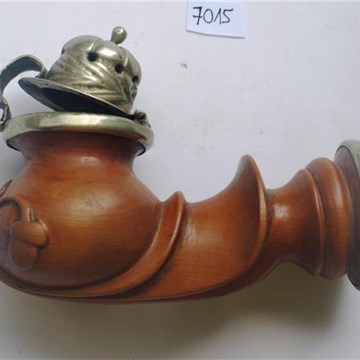Coinage in the Byzantine World
The Byzantine empire was the continuation of the Roman empire in eastern Mediterranean, a fact also shown in the gradual transition from the Roman to the Byzantine coinage. The Byzantine coinage was distributed in the greater part of the then known world and functioned as the prototype of coins issued both in Medieval West and East. The solidus, the basic numismatic unit of the Byzantine monetary system was the strong gold coin of the Middle Ages because it remained a fixed value in the international transactions until the 11th century. The circulation of gold, silver and copper coins bear witness to the high degree of monetisation of the Byzantine economy. Weights and lead bullae offer important information on the organisation of the Byzantine administrative system and the function of trade.
Text source
Image source
Exhibitions and events

The Iliou Melathron and Heinrich Schliemann
Permanent exhibitionThe room is dedicated to the Iliou Melathron, a monumental 19th century residence in downtown Athens and to the extraordinary personality of its first resident Heinrich Schliemann, the “father of...

Coinage in the Ancient Greek World – Origins and Spread
Permanent exhibitionThe origins of coinage, its manufacturing technique and the spread of its use are shown in the Hesperides Hall. In the 6th century BC Greek city-states began issuing their own coins. The turtles of...

Coinage in the Ancient Greek World – International and Common Coins
Permanent exhibitionThe use of coins spread in the then known world via the Greek colonies in Magna Grecia and the Euxine Pontus. The tetradrachm of the Athenian Democracy as well as the silver tetradrachm and the gold...

Coinage in the Ancient Greek World – Iconography and Ideology
Permanent exhibitionCoins displayed on their surfaces themes characteristic of the issuing authority and easily recognizable by those who used them. Favourite themes of ancient Greek coin iconography include divinities,...

The Great Donors of the Numismatic Museum
Permanent exhibitionCharacteristic pieces from the collections of the most important donors of the Numismatic Museum are exhibited in the dining-room of the Schliemann residence. The assemblage of collections and their...
Activities from this museum
We don't have anything to show you here.











